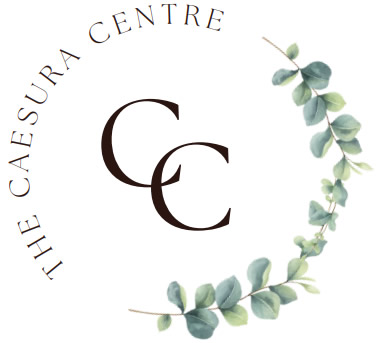If you have difficulty breaking free of intrusive and repetitive sexual urges and thoughts, you might be living with what some people refer to as sex addiction.
Sex addiction is a term that has gained significant attention in recent years, both in popular culture and in the realm of psychology. It’s a concept that is often surrounded by misunderstanding and is often heavily stigmatised. It’s incredibly important to approach this topic with sensitivity, as sex addiction is a genuine psychological condition that affects individuals and their relationships.
What Is Sex Addiction?
Sex addiction, also known as hypersexuality or compulsive sexual behavior disorder (CBSD), is a condition characterised by a persistent pattern of sexual behaviours and fantasies that not only disrupt a person’s life, but their relationships and daily functioning. It is essential to note that sex addiction is not officially recognised as a diagnosis in the Diagnostic and Statistical Manual of Mental Disorders (DSM-5), which is the primary diagnostic tool used by mental health professionals. However, it is widely discussed in the field of psychology.

Causes of Sex Addiction
The causes of sex addiction are multifaceted and may include:
- Biological Factors: Some studies suggest that certain brain chemistry and hormonal imbalances may play a role in sex addiction. These imbalances can lead to an increased drive for sexual activity.
- Psychological Factors: Individuals with a history of trauma, neglect, or abuse may be more susceptible to developing sex addiction as a way to cope with their emotional pain. For some, sexual behaviours may provide an escape from negative emotions.
- Environmental Factors: A permissive or highly sexualised environment can contribute to the development of sex addiction. Exposure to explicit content at a young age or growing up in an environment where sexual behaviors are normalized may increase the risk.
- Genetic Factors: While research is ongoing, there may be a genetic predisposition to addictive behaviours, including sex addiction. This is an area that continues to grow in research.

Symptoms of Sex Addiction
Sex addiction can manifest itself in various ways:
- Compulsive Sexual Behaviour: Individuals with sex addiction may engage in excessive sexual activities, such as masturbation, intercourse, or pornography consumption. They often find it challenging to control or limit these behaviours.
- Pre-occupation with Sex: Constantly thinking about and seeking sexual experiences, even to the detriment of other responsibilities and interests.
- Relationship Problems: Sex addiction can strain relationships, as individuals may prioritise their sexual behaviours over their partners or be dishonest about their activities.
- Negative Consequences: Engaging in risky sexual behaviors, leading to physical and emotional consequences, such as sexually transmitted infections, unintended pregnancies, or loss of self-esteem.

Treatment for Sex Addiction
Seeking help for sex addiction is a crucial step in recovery. Such possible treatments available include:
- Therapy: Individual or group therapy, such as cognitive-behavioral therapy (CBT), can help individuals identify triggers, develop coping strategies, and change their behaviour patterns.
- Support Groups: Joining support groups, such as Sex Addicts Anonymous (SAA) or Sexaholics Anonymous (SA) may be beneficial. Such organisations can provide a sense of community and shared experiences.
- Medication: In some cases, medication may be prescribed to address underlying issues, such as depression or anxiety, which can contribute to sex addiction.
- Education and Self-Help: Learning about addiction and its underlying causes can be empowering. Self-help books and online resources can provide valuable insights.
Sex addiction is a complex and often misunderstood condition that can have a profound impact on individuals and their relationships. If you or someone you know is struggling with sex addiction, seek professional help. Recovery is possible, and there are many resources available to support those on their journey to healing and healthier relationships. Understanding sex addiction and reducing the stigma associated with it is a vital step toward providing effective support and treatment for those in need.
Useful websites
NHS – Can you become addicted to sex?
Cleveland Clinic – Sex addiction
The Association for the Treatment of Sexual Addiction and Compulsivity



